A04
Chasing engrams in a µStim-based systems memory consolidation paradigm
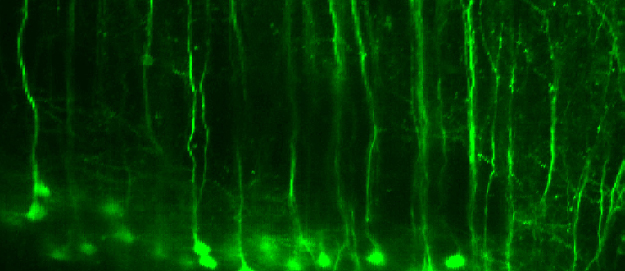
In this project, we will continue investigating the principles of systems memory consolidation in a microstimulation (µStim) detection task in mice that we showed in the first round involved the formation and consolidation of memory engrams in the neocortex dependent on input from the medial temporal lobe (hippocampus and perirhinal cortex). We hypothesize that µStim-learning involves the gating of top-down inputs to layer 1 of the stimulated neocortical column. In this proposal, we will use state-of-the-art methods to record activity from the whole cortical column simultaneously using NeuroPixels electrode arrays that can record 100s of single units in the depth of the cortex as well as 2-photon imaging through a chronically inserted prism allowing side-on imaging of the whole cortical column. We will use these methods to track the evolution of memory engrams over 3 days of learning and the contribution of dendritic activity. We will also investigate a new phenomenon for which we obtained preliminary evidence in the first round. This phenomenon appears to be a neocortical analog of the recently discovered one-shot recruitment of place cells in CA1 called behavioral timescale synaptic plasticity (BTSP). In the last part of the project, we will develop (in collaboration with Service Project C02) a floating-platform behavioral paradigm based on a 5-arm maze approached used in humans in Project B05 allowing the exploration of the effect of the anesthetic propofol in head-fixed mice with state-of-the-art methodologies such as 2-photon imaging.
Image Cortical pyramidal neurons. Courtesy of Matthew Larkum and Mostafa Abdelhamid
Graphical Abstract
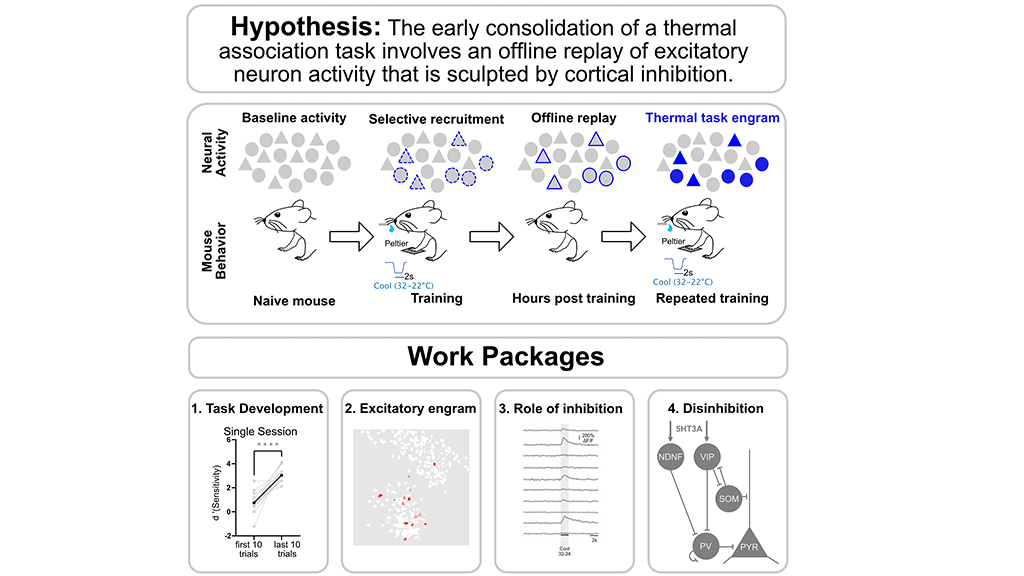
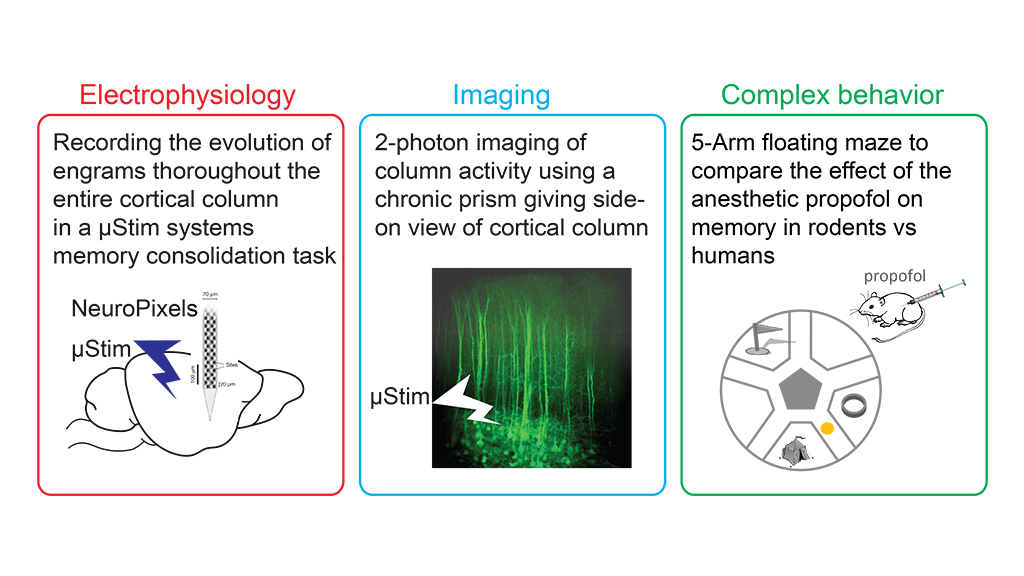
Team
-
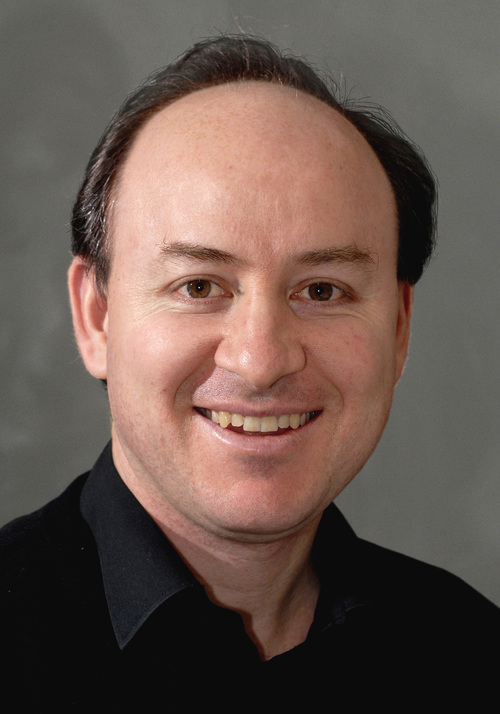
Prof Matthew Larkum PhD
Humboldt-Universität zu Berlin
Spokesperson, Head Larkum Lab
-
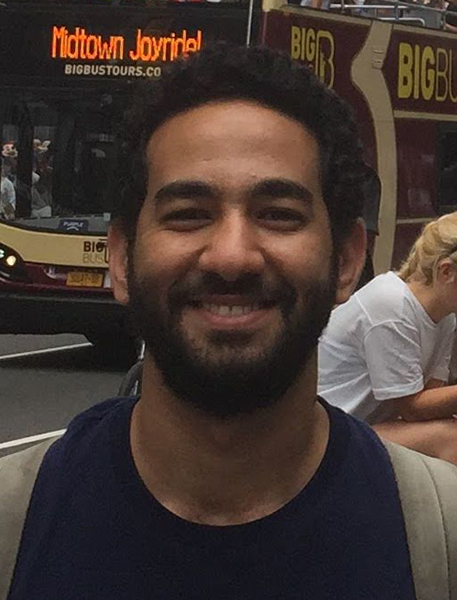
Dr Mostafa Nashaat
Humboldt-Universität zu Berlin
A04 Postdoc
-
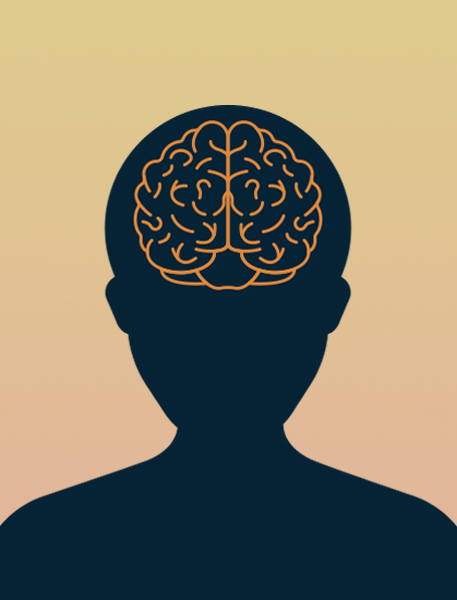
Anna Nasr
Humboldt-Universität zu Berlin
INF PhD (A04 Associated PhD)
-
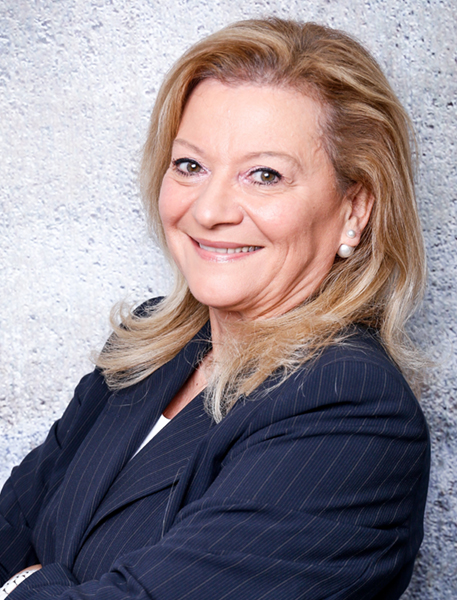
Serenella Brinati
Humboldt-Universität zu Berlin
Team Assistant & Secretary AG Larkum
-
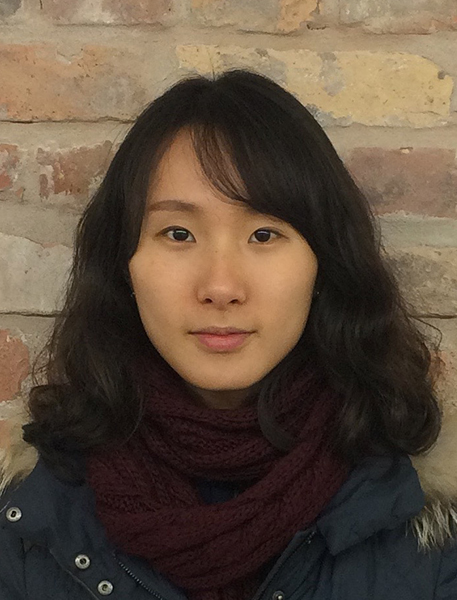
Dr Jiyun Shin
New York University, NY
A04 Alumna
-

Dr Guy Doron
Bayer Pharmaceuticals Berlin
A04 Alumnus
-
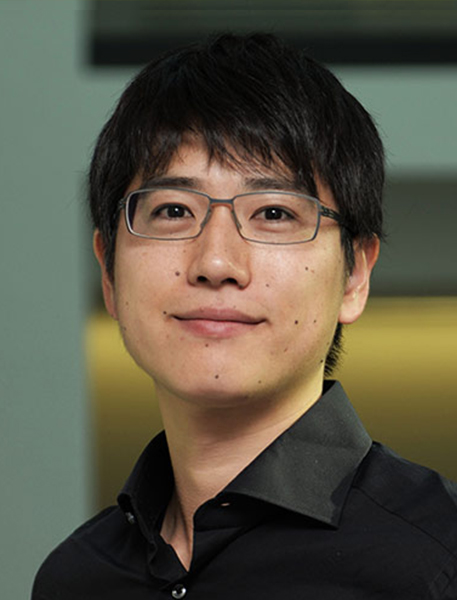
Dr Naoya Takahashi
Université de Bordeaux
Head Takahashi Lab - A04 Alumnus
-
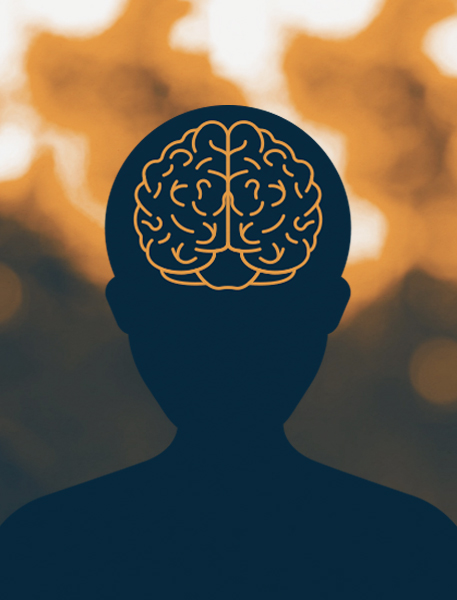
Lisa De Mont
Charité-Universitätsmedizin Berlin
Student Helper 2018-2019 - A04 Alumna
-

Moritz Drüke
Humboldt-Universität zu Berlin
Student helper 2019 - A04 Alumnus
-

Sara Moberg
Charité – Universitätsmedizin Berlin
A04 Alumna
Publications
Layer 6b controls brain state via apical dendrites and the higher-order thalamocortical system
Timothy Adam Zolnik, Anna Bronec, Annemarie Ross, Marcel Staab, Robert N S Sachdev, Zoltán Molnár, Britta Johanna Eickholt, Matthew Evan Larkum
Neuron. 6;112(5):805-820.e4 (2024)
The neural mechanisms of fast versus slow decision-making
Mostafa Nashaat, Hatem Oraby, Flutra Krasniqi, Sek Teng Goh-Sauerbier, Marion Bosc, Sandra Koerner, Sedef Karayel, Adam Kepecs, Matthew E. Larkum
bioRxiv (2024)
Neocortical layer 5 subclasses: From cellular properties to roles in behavior
Sara Moberg and Naoya Takahashi
Front. Synaptic Neurosci. 14:1006773 (2022)
The guide to dendritic spikes of the mammalian cortex in vitro and in vivo
Matthew E. Larkum, Jiameng Wu, Sarah A. Duverdin and Albert Gidon
Neuroscience 489:15–3 (2022)
Are Dendrites Conceptually Useful?
Matthew E. Larkum
Neuroscience. 1;489:4-14 (2022)
Presynaptic supervision of cortical spine dynamics in motor learning
Jaerin Sohn, Mototaka Suzuki, Mohammed Youssef, Sayuri Hatada, Matthew E. Larkum, Yasuo Kawaguchi and Yoshiyuki Kubota
Sci. Adv. 8,eabm0531 (2022)
Double-μ Periscope: a tool for multi-layer optical recordings, optogenetic stimulations or both
Mototaka Suzuki, Jaan Aru and Matthew E. Larkum
eLife 10:e72894 (2021)
Deep tissue scattering compensation with three-photon F-SHARP
Caroline Berlage, Malinda Tantirigama, Mathias Babot, Diego Di Battista, Clarissa Whitmire, Ioannis N. Papadopoulos, James F. A. Poulet, Matthew Larkum, Benjamin Judkewitz
Optica. 8:1613-1619 (2021)
Memories off the top of your head
Jiyun N. Shin, Guy Doron, Matthew E. Larkum
Science. 374: 6567 (2021)
Thalamic input to motor cortex facilitates goal-directed action initiation
Naoya Takahashi, Sara Moberg, Timothy A. Zolnik, Julien Catanese, Robert N.S. Sachdev, Matthew E. Larkum, Dieter Jaeger
Curr Biol. 31(18):4148-4155.e4 (2021)
Post-encoding modulation of spatial memory consolidation by propofol
Deetje Iggena, Patrizia M. Maier, Sophia M. Häußler, Mario Menk, Heidi Olze, Matthew E. Larkum, Carsten Finke, Christoph J. Ploner
Cortex 156, 1-12 (2022)
Layer 6b is driven by intracortical long-range projection neurons
Timothy A. Zolnik, Julia Ledderose, Maria Toumazou, Thorsten Trimbuch, Tess Oram, Christian Rosenmund, Britta J. Eickholt, Robert N.S. Sachdev, Matthew E. Larkum
Cell Rep. 30(10):3492-3505.e5 (2020)
Perirhinal input to neocortical layer 1 controls learning
Guy Doron, Jiyun N Shin, Naoya Takahashi, Moritz Drüke, Christina Bocklisch, Salina Skenderi, Lisa de Mont, Maria Toumazou, Julia Ledderose, Michael Brecht, Richard Naud and Matthew E Larkum
Science. 370(6523):eaaz3136
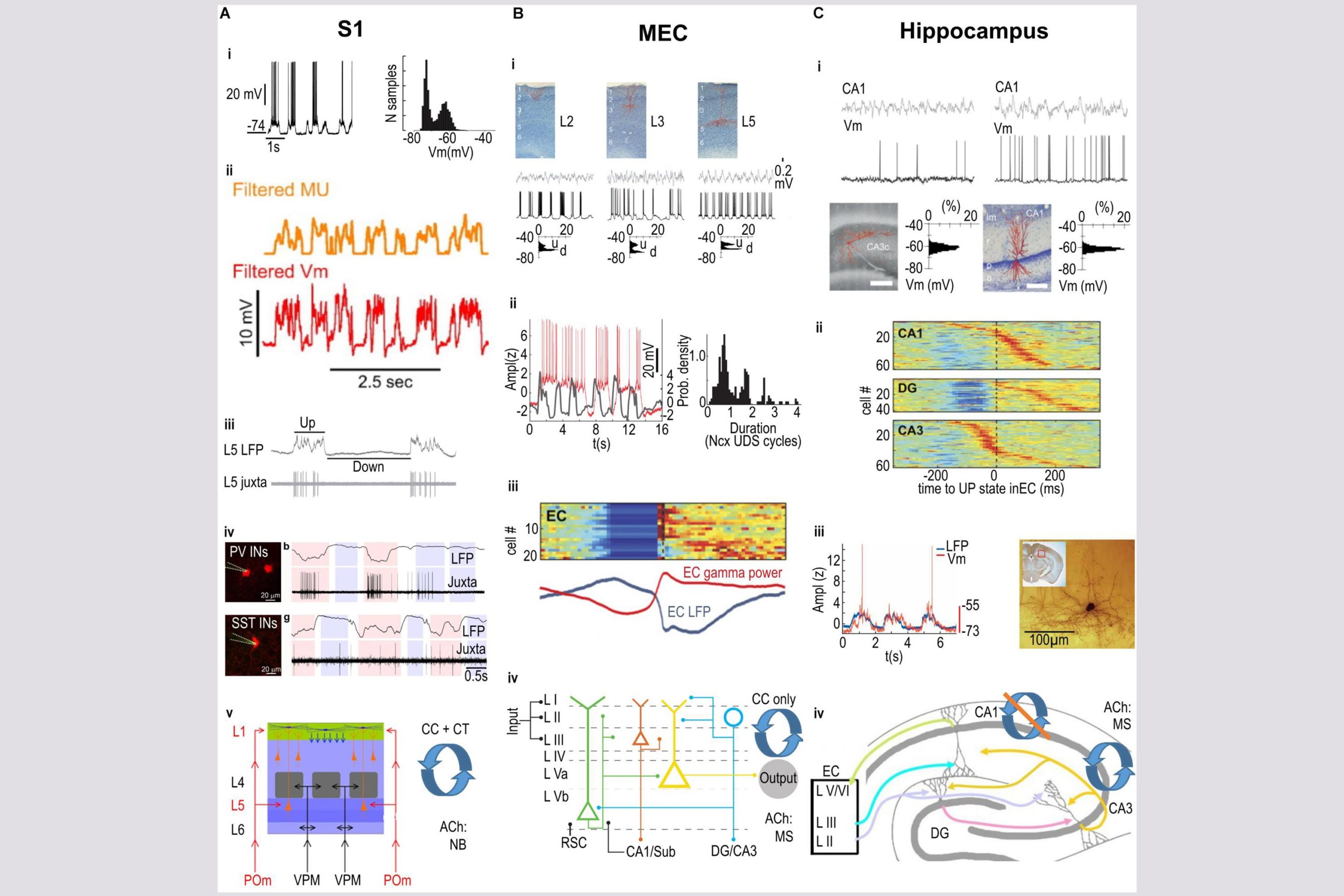
Up and down states across somatosensory, entorhinal, and hippocampal cortices
John J Tukker, Prateep Beed, Dietmar Schmitz, Matthew E Larkum and Robert NS Sachdev
Front Syst Neurosci. 14:22 (2020)
Perspective on the multiple pathways to changing brain states
Malinda LS Tantirigama, Timothy Zolnik, Benjamin Judkewitz, Matthew E. Larkum and Robert NS Sachdev
Front Syst Neurosci. 14:23 (2020)
Active dendritic currents gate descending cortical outputs in perception
Naoya Takahashi, Christian Ebner, Johanna Sigl-Glöckner, Sara Moberg, Svenja Nierwetberg and Matthew E Larkum
Nat Neurosci. 23(10):1277-1285 (2020)
General anesthesia decouples cortical pyramidal neurons
Mototaka Suzuki and Matthew E Larkum
Cell. 180(4):666-676.e13 (2020)
Dynamic conjugate F-SHARP microscopy
Ioannis N Papadopoulos, Jean-Sebastien Jouhanneau, Naoya Takahashi, David Kaplan, Matthew Larkum, James Poulet and Benjamin Judkewitz
Light Sci Appl. 9:110 (2020)
Cellular mechanisms of conscious processing
Jaan Aru, Mototaka Suzuki and Matthew E Larkum
Trends Cogn Sci. 24: 814-825 (2020)
Effects of sexual experience and puberty on mouse genital cortex revealed by chronic imaging
Johanna Sigl-Glöckner, Eduard Maier, Naoya Takahashi, Robert Sachdev, Matthew Larkum, Michael Brecht
Curr Biol. 29(21):3588-3599.e4 (2019)
Fast, flexible closed-Loop feedback: tracking movement in “real-millisecond-time”
Keisuke Sehara, Viktor Bahr, Ben Mitchinson, Martin J Pearson, Matthew E Larkum and Robert NS Sachdev
eNeuro. 6(6):ENEURO.0147-19.2019
Whisking asymmetry signals motor preparation and the behavioral state of mice
Sina E Dominiak, Mostafa A Nashaat, Keisuke Sehara, Hatem Oraby, Matthew E Larkum, and Robert NS Sachdev
J Neurosci. 39(49):9818-9830 (2019)

